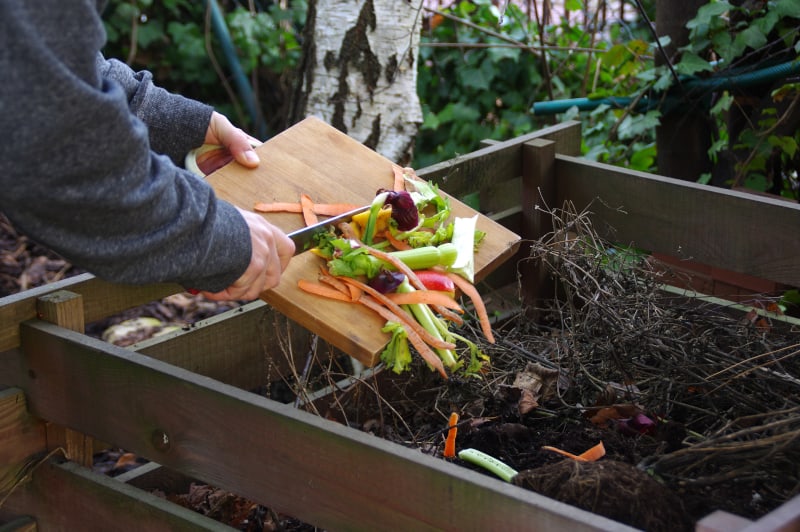
Dear Friends,
This Sunday night (Jan 16, 2022), we celebrate Tu B’Shevat (Fifteenth of Shevat), one of those Jewish holidays that means little to many.
Tu B’Shevat is mentioned in the Mishna (Rosh Hashana 2a) as the Rosh Hashana – the new year for fruits and nature. The day of judgment for the trees to determine how bountiful they will be in the upcoming year.
Halachically, Tu B’Shevat is the day that separates the previous year from the upcoming year for fruits grown on trees to determine the fruits of the last year’s crop for tithing purposes.
Traditionally we eat fruits of the Land of Israel, especially the seven species for which Israel is praised (wheat, barley, grapes, figs, pomegranates, olives, and dates).
One of the prohibitions of the Torah is not to destroy trees, food, produce and the planet generally, needlessly and heedlessly. The fruits of the Land of Israel have holiness attached to them. When we partake of them on Tu B’Shevat, a custom especially poignant this year being Shemitah in Eretz Yisrael – the 7th year of rest for the Land, we reaffirm our commitment to preserving that holiness and our obligations to create a blessed planet for those who will come after us.
Tu B’Shevat reminds us of our connection to our land, soil, and produce. It points out the deep link that the Torah teaches us exists between the natural world, its ecology and preservation, the Jewish people and humankind. G-d placed us on this world to work it and guard it, use its resources for our benefit, and safeguard it from exploitation and man-made destructive forces.
As civilization progressed and technology opened new trends to exploit our planet’s natural resources, the planet’s ecological health is declining. Our world has become an endangered species, from the disappearing rainforests to the threat of global warming and melting ice caps.
Judaism has an essential role in this situation. Jews are the experts in long-term education, commitment and sophistication, the secret of our survival over these many long millennia. Tu B’Shevat is an opportunity to reaffirm our commitment to the “Green” educational project, giving the enterprise a holy tone and a historical backdrop. It will help guarantee that later generations will also be able to eat new delicious fruits grown from the carefully nurtured soil of the Land of Israel. “Green” is not and should not be a secular enterprise solely. Torah ideas and Jewish values have much to say about it as well. In the long exile of the Jewish people from our homeland, Tu B’Shevat was always a warm reminder of what once was and would be in the future.
It is related that a great rabbi was once walking with Rav Avraham Yitzchak HaKohen Kook zt”l, the Chief Rabbi of Israel. In the heat of a complicated Talmudic discussion, the rabbi absentmindedly and inadvertently picked a leaf off of a nearby branch of a tree. Rav Kook turned to him and said sadly: “Did it really disturb you that this leaf would be able to live months longer?”
Reverence for life, all forms of life on our wondrous earth, is a keystone of Jewish attitude and thought. On Tu B’Shevat, we appreciate the deep values behind the delicious fruit we eat. Our “Green” holiday is a reminder that we are the custodians and responsible guardians of God’s gifts of nature that have been granted to us.
Rav Tzadok Hakohen zt”l, in his work ‘Pri Tzaddik,’ points out, the Jewish people are referred to as “apples hanging on the Tree in the orchard,” ‘the Tree’ referring to G-d Himself. Tu B’Shevat celebrates the unique and intimate relationship with G-d. It is a day to pursue that closeness through our appreciation of the land and its preservation through the Torah and Mitzvot.
Shabbat Shalom,
Rabbi Shlomo Gabay